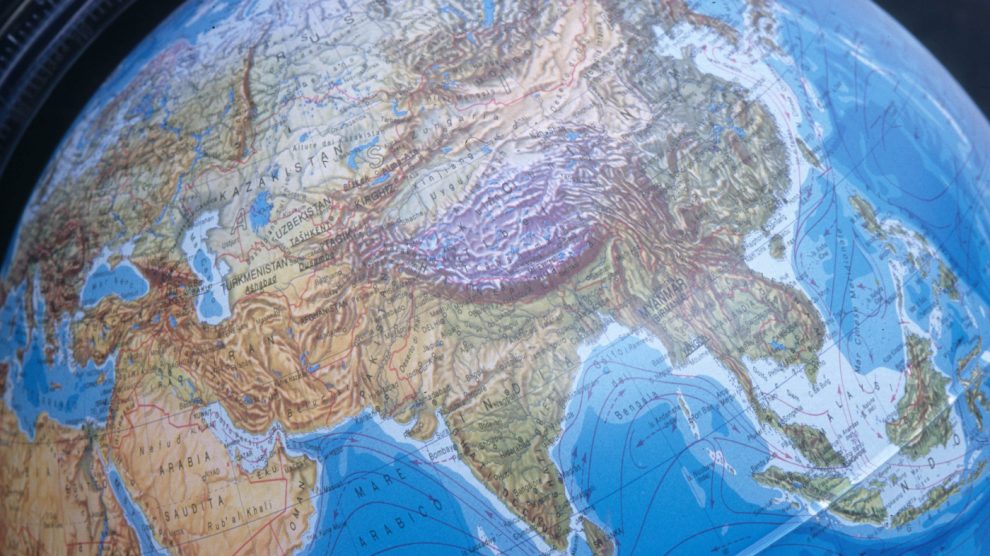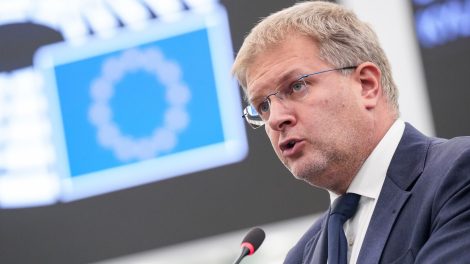US officials discuss Indo-Pacific in Rome. On Monday, the Indo-Pacific Committee – a division of the Foreign Affairs Committee at the Italian Parliament’s Lower House – held an informal hearing with officials from the United States’ State Department and National Security Council. It was chaired by Vice-President Paolo Formentini, who later recounted what was discussed through our sister website – stressing that the “wide participation” of his colleagues in Parliament indicates the growing attention towards this central theme.
- The high degree of participation is “logical, given that what happens in the Indo-Pacific concerns our direct national interest,” he added. “And it is no coincidence that, as [Foreign] Undersecretary Maria Tripodi recently pointed out, the topic will be among the priorities of the G-7 that we will be presiding over this year.”
Who was there. The delegation that arrived from Washington included first-rate officials such as Sarah Beran and Henrietta Levin, respectively Senior Director and Director for China and Taiwan Affairs at the NSC; Nora Todd, Senior Director for International Economics at the NSC; Rob Lee, Director for Western Europe at the State Department; Julian Gewirtz, Deputy Director of Global China Issues at State.
- The US delegation was accompanied by a host of analysts and specialised managers from the US Embassy in Rome.
Zeroing in. The Italian and US officials discussed a host of topics, mainly centred on relations with China, Rome’s position in the framework of the Washington-Beijing rivalry, and the role Italy can play in the highly complex dynamics that are affecting the Indo-Pacific. Regional players such as Vietnam, Japan, South Korea, and India are all deepening bilateral relations with Italy at a time when their ties with China are becoming more fraught, and they are developing stronger links with the United States.
- Participants discussed the security and resilience of supply chains, with a focus on critical materials and cutting-edge technologies (such as artificial intelligence), as well as freedom of navigation from the China Sea to the Red Sea and the value of deterrence.
The chairman’s take. It’s become clear that Italy “must continue to intensify relations with the US administration, including at parliamentary level because there is an overall attack on our value system at stake,” remarked Mr Formentini. He highlighted that the freedom of navigation in the Taiwan Strait and the entire Indo-Pacific (“an area through which two-thirds of global trade passes every year”) is related to the Houthi’s attacks in the Red Sea owing to the “global nature” of the Indo-Pacific challenge.
- “The interconnection in the Indo-Mediterranean quadrant concerns [Rome] very closely,” added Mr Formentini, “but we cannot lose sight of what is happening where the Pacific merges into the Arctic, and we cannot underestimate the push for cooperation between China and Russia.”
Speaking of China, when questioned about his perception of the US stance, the Italian MP said that the officials reiterated the official position of the Biden administration: an approach “based on ‘invest, align, and compete’ remains the groove Washington has laid out, even if the diplomatic relationship has recently been reinvigorated according to the need for stability. A line that Italy should also follow, in the knowledge that competition is ongoing.”





